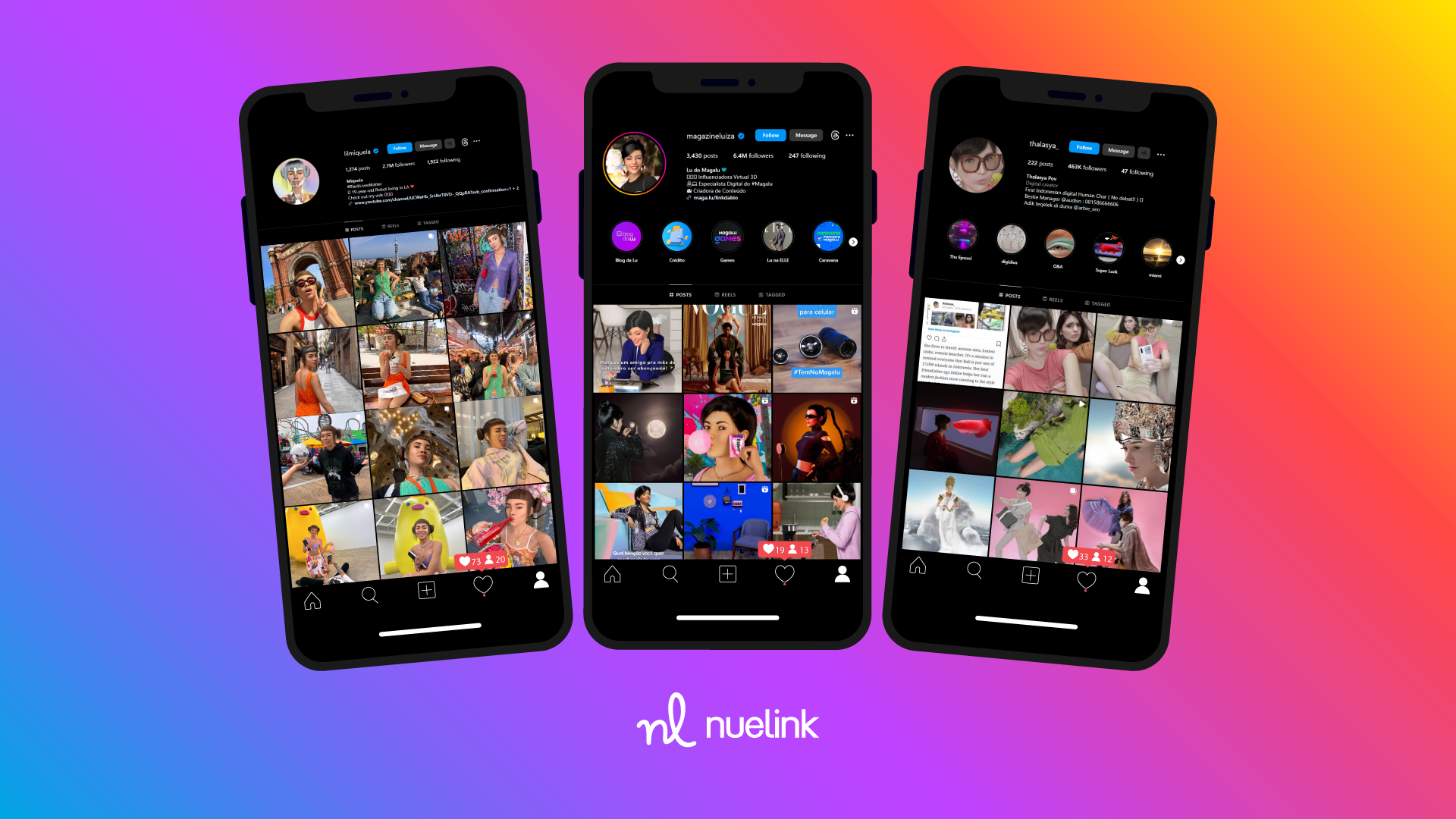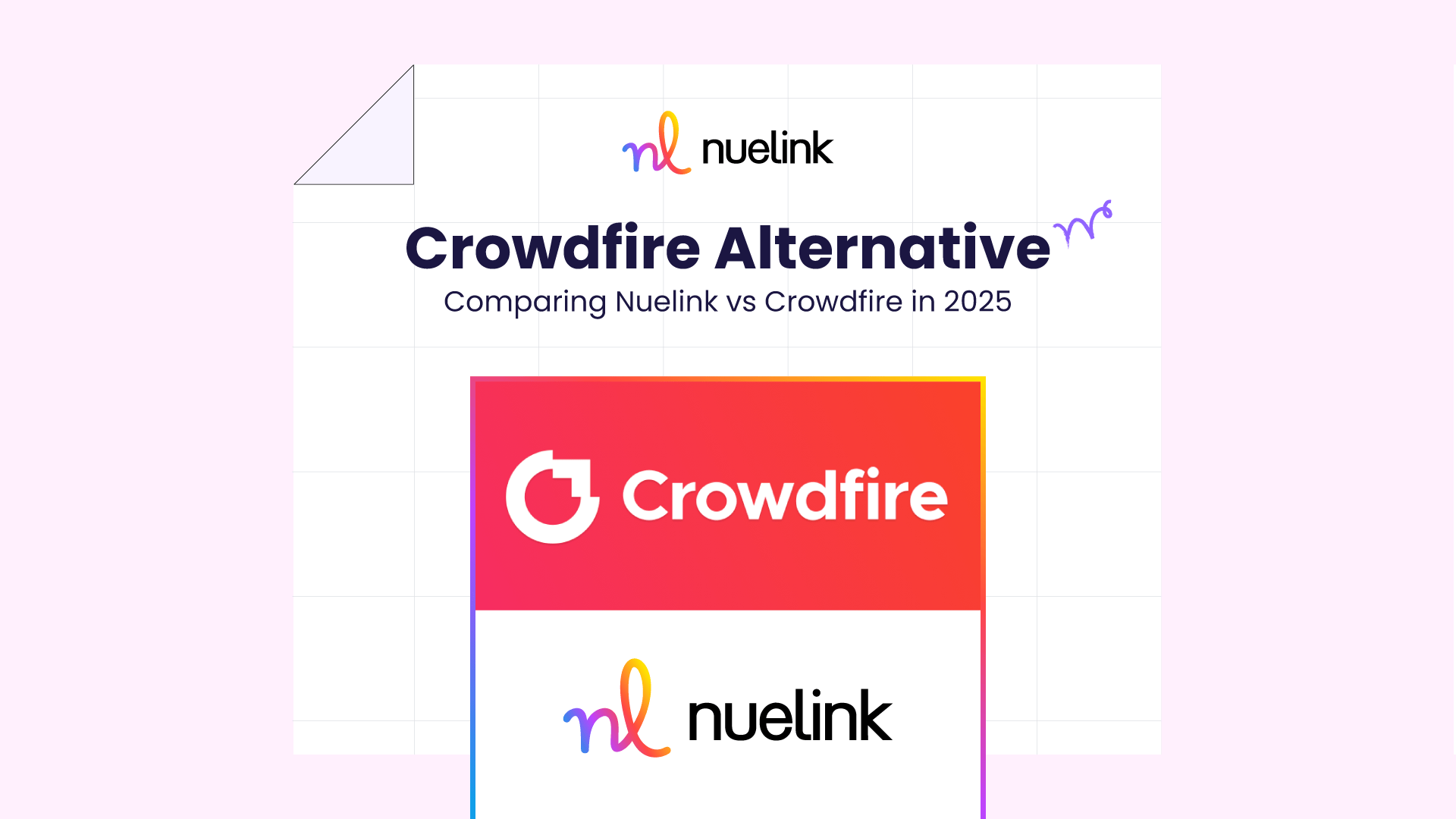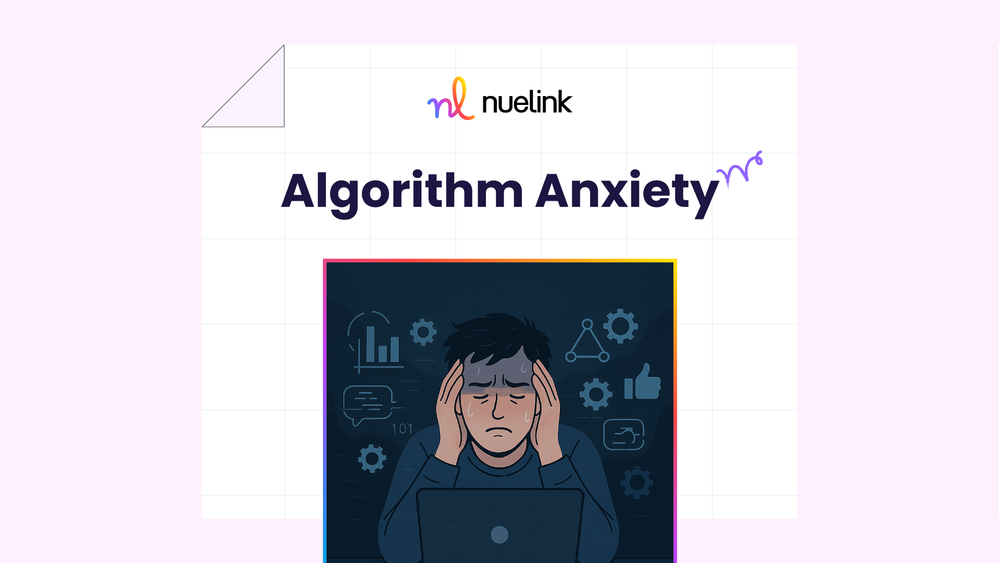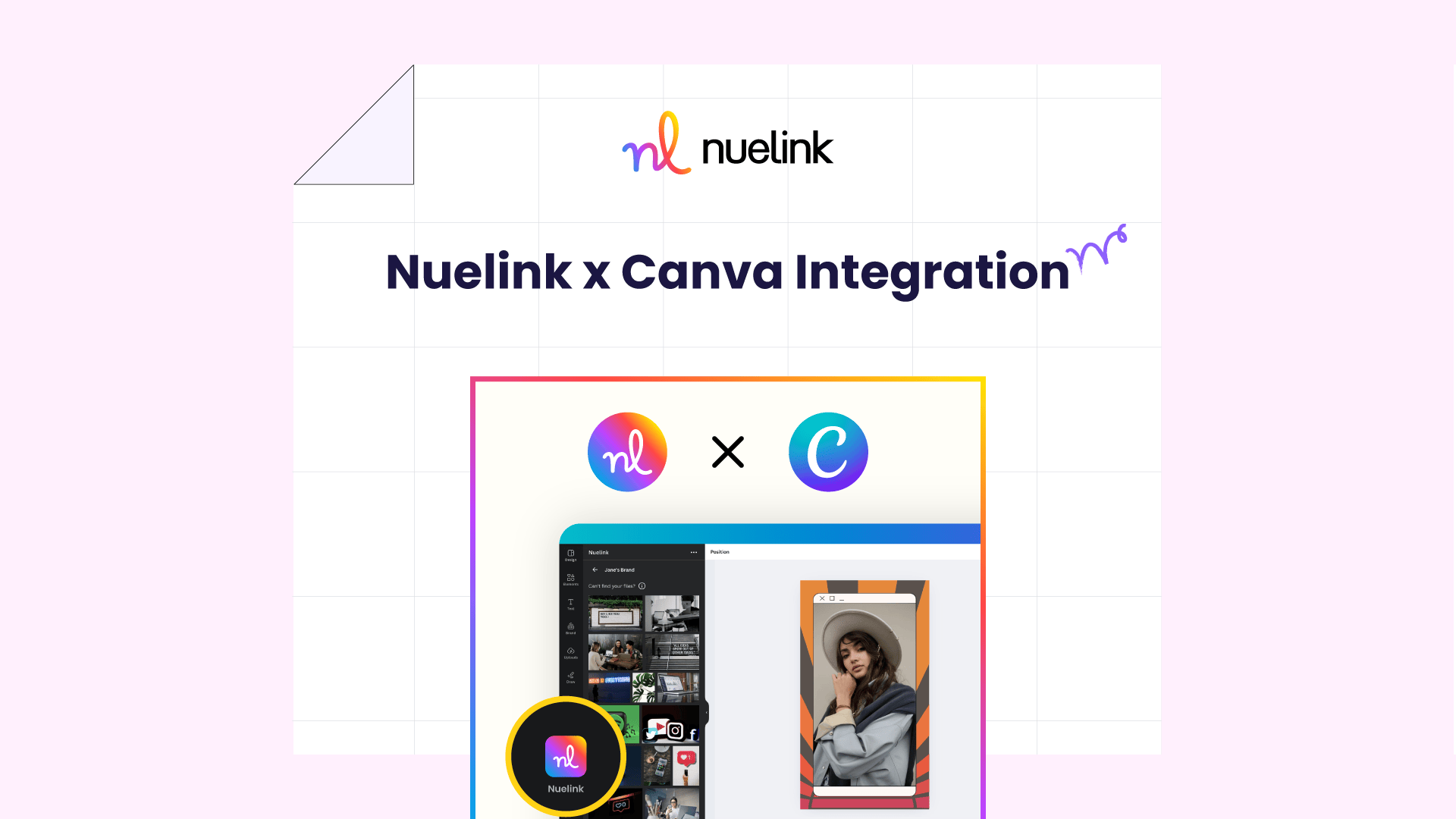When you come across the phrase "Social Media Influencer," your thoughts might immediately drift to familiar names like MrBEAST, PEWDIEPIE, or why not Selena Gomez.
But how about Lil Miquela? Do you know her?
Well, welcome to the world of Virtual Influencers – a whole new dimension of influence.
What Is a Virtual Influencer?
A virtual Influencer is an AI-generated character that acts like a real person on social media. Designed and created by humans, through a combination of 3D modeling, animation, and AI technologies. But in most cases, through AI.
This virtual influencer can engage with followers, post content, and even collaborate with brands, much like an authentic human influencer.
I repeat: Virtual influencers are created by humans. No fiction movies over here.

How Virtual Influencers Are Making Money?
A part of the definition of a virtual influencer is “Acting as a human in social media”
That means it is making money the same way a human influencer is making money!
But here is a brief list of ways that a lot of virtual influencers make money:
- Sponsorships
Brands and businesses can spend a significant amount of money on virtual influencers to promote their products/services, either directly or indirectly, on social media platforms.
Believe it or not, some big brands pay a lot of money to collaborate with virtual influencers. More on this later.
- Merchandising
Some virtual influencers have their merchandise, such as clothing, accessories, or digital products, which they sell to their fans and followers. This can include physical items or digital downloads related to the character's persona.
- YouTube and Ad Revenue
Virtual influencers can create YouTube channels where they produce videos related to their persona, lifestyle, or interests. They can earn money through ad revenue, and sponsorships within videos.
- Twitch Streaming
For those with gaming or interactive personas, virtual influencers can live stream on platforms like Twitch. They can make money through ads, donations, and subscribers who pay a monthly fee for exclusive content or perks.
Which Brands Have Worked with Virtual Influencers?
- Samsung: Collaborated with Lil Miquela for campaigns like #TeamGalaxy to promote their tech products.
- KFC: Created their own virtual influencer to connect with younger audiences and promote their brand in a unique way.
- Lil Miquela x Calvin Klein: Lil Miquela, a popular virtual influencer, was involved in a campaign with Calvin Klein.
- Balmain: The French fashion house, has collaborated with virtual influencers in the past. In 2018, Balmain introduced a new gang of supermodels, which were not real, but computer-generated CGI models
Now, let’s go straight to the point and answer the question that I know has been bothering you since the first word you read in this article: “Why on earth brands will collaborate with virtual influencers?”
Why Brands Are Working with Virtual Influencers
You might wonder why this is happening. After all, it's just a computer-made character posting pictures on social media.
A Clever Way to Get Noticed:
As Scott Galloway puts it: We've gone from focusing on oil to focusing on getting people's attention.
Companies are ready to pay lots of money to anyone (or anything) that can help them get attention.
They're always searching for new ways to do that.
Easy to Handle:
Influencers are humans, and humans can make mistakes, right?
When a company partners with an influencer, there's a risk to its reputation.
Because an influencer might get into trouble, say something that upsets people, or even do something wrong.
And that could seriously hurt the company's reputation.
But if they work with a virtual influencer, none of that can happen.
They have complete control over it.
Makes Sense for Gen Z:
Almost every company is now changing or trying to change a part of their business to fit the online world – especially after the Covid-19 pandemic.
By changing to fit the online world, I mean relying more on selling things online.
Guess which generation shops online the most? You got it, Generation Z.
Virtual influencers make a lot of sense for Generation Z because they're used to digital stuff and feel comfortable interacting online.
TL;DR:
Why Brands Are Working with Virtual Influencers
- A Clever Way to Get Noticed
- Easy to Handle
- Makes Sense for Gen Z
Should You Collaborate with a Virtual Influencer?
The short answer: It depends
In my opinion, I wouldn't suggest it unless you're a large business and you have an advantage where you can afford to make errors.
Working with a virtual influencer can go both ways. It might help your business grow, or it could hurt it badly.
So, this is not a normal move. think about it carefully!







